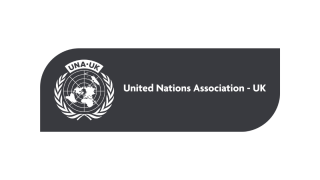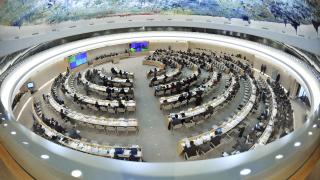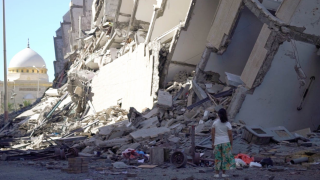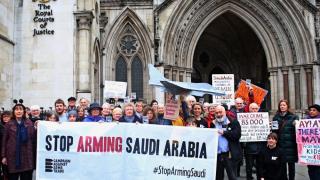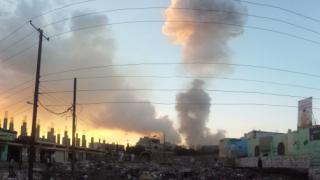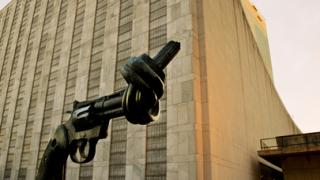
New international laws regulating the £54bn global trade in arms and ammunition enter into force today.
Campaigners hailed this as a huge victory as, after a more than a decade of campaigning, the Arms Trade Treaty (ATT) becomes international law at last. The United Nations Association - UK has worked closely with the Control Arms Coalition to help make this treaty a reality.
The treaty, ratified by the UK earlier this year, aims to set the highest standards for cross-border transfers of arms and ammunition and to cut off the supply of weapons to dictators and human rights abusers across the world. It is one of the fastest multi-lateral arms agreements to enter into force.
Under the new rules in the ATT, before any arms transfer takes place, it must be assessed against strict criteria, including whether the arms might be used for human rights violations or war crimes. If there is a substantial risk the transfer will breach this criteria, then it cannot be authorized.
Control Arms Director Anna Macdonald commented:
“Civilians have paid far too high a price this year. From Aleppo to Peshawar, from Gaza to South Sudan, we have seen the devastating impact of the poorly-regulated arms trade.
“For too long, arms and ammunition have been traded with few questions asked about whose lives they will destroy. The new Arms Trade Treaty, which enters into force tomorrow, will bring that to an end.
“Campaigners have been pushing for this moment for a decade. If robustly-implemented, this treaty has the potential to save many lives and offer much-needed protection to vulnerable civilians around the world. It is now – finally - against international law to put weapons into the hands of human rights abusers and dictators. December 24 marks the dawn of a new era.”
Informal discussions between governments who have ratified the treaty have been taking place this year to prepare the ground for implementation of the ATT.
The next round of discussions is due to take place in Trinidad and Tobago, in February 2015. Planning is also underway for the treaty’s first Conference of States Parties, the annual fora where states will meet to assess progress on implementation. This is expected to take place during late-August/early-September next year.
To date, 125 states have signed the ATT, with 58 having ratified it. These include some of the world's largest arms exporters such as the UK, France and Germany.
Image: The “Non-Violence” (or “Knotted Gun”) sculpture by Swedish artist Carl Fredrik Reuterswärd on display at the UN Visitors’ Plaza (c) UN Photo/Rick Bajornas

